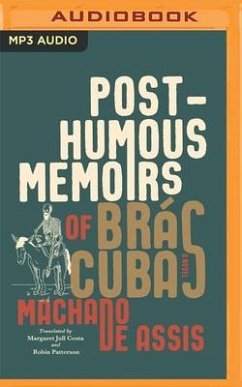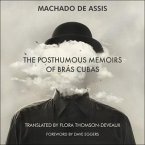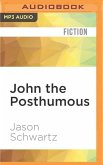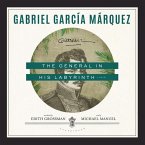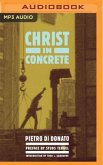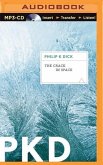New York Times, "Times Critics Top Books of 2020" "The most modern, most startlingly avant-garde novel I read this year was originally published in 1881. Jull Costa and Patterson offer a peerless translation of this comic masterpiece." (Parul Sehgal, New York Times) Machado de Assis' classic novel, the precursor of Latin American fiction, is finally rendered as a stunningly relevant work for 21st-century audiences. "I passed away at two o'clock in the afternoon on a Friday in August in 1869, in my beautiful mansion in the Catumbi district of the city." So begins Machado de Assis' Posthumous Memoirs of Brás Cubas, told eerily from beyond the grave. First appearing in Brazil in 1881, this remarkably experimental novel was never intended by its author to be a popular "run-of-the-mill-novel". Joaquim Maria Machado de Assis, the son of a mulatto father and a washerwoman, and the grandson of freed slaves, was not, originally, expecting literary encomiums in his lifetime, especially not for Brás Cubas . And yet, his prodigious output of novels, plays, and stories would influence generations of South American writers. Now, with this coruscating new translation of one of his most compelling novels, esteemed translators Margaret Jull Costa and Robin Patterson reveal a pivotal moment in Machado's career, as his flights of the surreal became his literary hallmark. In eloquent, contemporary prose, Costa and Patterson breathe new life into the dynamic character of Brás Cubas and reveal the vivid, tempestuous Rio de Janeiro of his time. The recently deceased Cubas narrates his life story, admitting glibly: "I am not so much a writer who has died, as a dead man who has decided to write." His life, therefore, is relayed out of order, beginning with his funeral, and then stepping back to offer "a brief genealogical sketch". An enigmatic, amusing, and frequently insufferable antihero, Cubas describes his childhood spent tormenting household slaves and meddling cheekily in adult affairs, through his bachelor years navigating his own torrid affairs, up to his final days obsessing over nonsensical poultices. Fantastical in structure and enthralling in tone, Posthumous Memoirs of Brás Cubas is a deeply human story of a somber life - how much of it reflects the author's own personality we will never know. At once a work of uproarious mockery and great sympathy, this is Machado de Assis at his most pathbreaking: an incisive observer of the human condition and a founding father of modernist fiction.

